High Court ruling: Activist justices’ alien view of court’s power
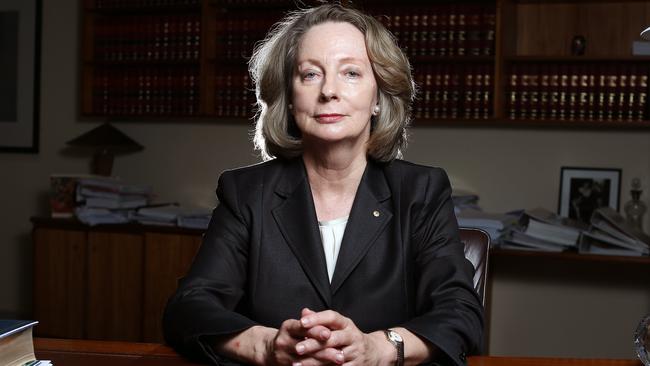
By 4-3 it effectively constitutionalised identity politics; in a weird sort of way it elevates the common law — judge-made law to be clear — above the Constitution itself; it introduces a race-based limit on the parliament’s power; it looks very much to be a clear case of outcome-oriented judging, meaning you start with the conclusion you want and then struggle to find rationales to get you there.
Amusingly, sort of, the case more or less ignores or abandons the established heads of powers interpretative methods — the ones that to my mind have been used by our top court to deliver the most pro-centre federalism case law in the world, but does so out of the blue in this case where no Australian state actually benefits from that abandonment; oh, and given the tools the judges had to work with it is now fair to say that our top judges are vying for the title of the most activist judges in the common law world.
Sounds harsh, I know. But I stand by all of the above claims.
Nor am I alone in my worries or condemnation. Take the three dissenting judges. Chief Justice Susan Kiefel attacks the majority reasoning noting that “it is not for this court to determine whether persons having the characteristics of the plaintiffs are aliens. Such an approach would involve matters of values and policy. It would usurp the role of parliament.”
“[The plaintiffs’ argument, accepted by the majority, implies that] the common law trumps or controls the Constitution.”
Justice Stephen Gageler says the majority’s view is “not legally sustainable”. You can’t use the common law, he notes, to smuggle in notions of “cultural and spiritual connections to the land … to arrive at constitutionally mandated [factors that allow the common law to be transformed] into a constitutional limitation on legislative power”.
And the third dissenter, Justice Patrick Keane, comes out and says what the vast preponderance of Australians believe. “There is no support in the … Constitution for the contention that there is a special class within the people of the Commonwealth who, by virtue of their biological descent … enjoy a constitutionally privileged [position].”
The four majority Justices disagree. Justice Virginia Bell is the bluntest and most honest. “The Commonwealth’s concern, that to hold that its legislative power does not extend to treating an Aboriginal Australian as an alien is to identify a race-based limitation on power, is overstated.”
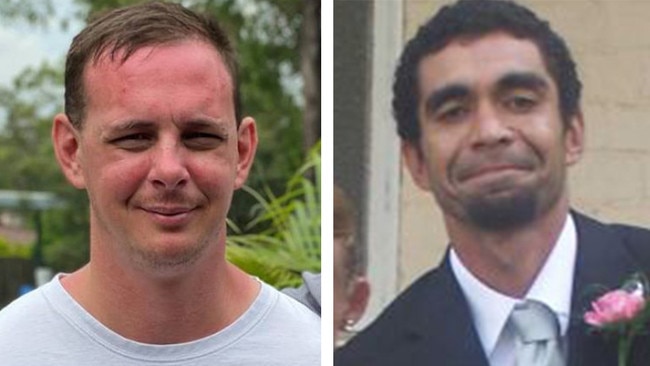
Of course, whether constitutionalising identity politics — differential treatment solely on race-based grounds — is here a worry that is overstated is in the eye of the beholder. Nothing Justice Bell goes on to say diminished that worry for me in the slightest or made a remotely convincing case for how it’s an overstated concern. But at least she’s blunt and honest.
The other three majority judgments, by Justices Geoffrey Nettle, Michelle Gordon and James Edelman, indulge in all sorts of politically correct nostrums and observations that sound far more political and activist than legal and constitutional — all basically leveraging or bootstrapping off the common law decision in Mabo to end up with a constitutional outcome that amounts to a just-discovered limit on the elected parliament’s power.
And so Justice Nettle talks of how “different considerations apply … to … a person of Aboriginal descent” and that the Commonwealth’s claims to the contrary “intuitively … appear at odds with the growing recognition of Aboriginal peoples as the original inhabitants of Australia and of their essentially spiritual connection with ‘country’.”
Justice Gordon talks of “the deeper truth”, of a “connection [that] is spiritual and metaphysical”, of how this “is fundamentally a question of otherness” and then tells us that judge-made law now recognises “that indigenous peoples can and do possess certain rights and duties that are not possessed by, and cannot be possessed by non-Indigenous peoples of Australia”.
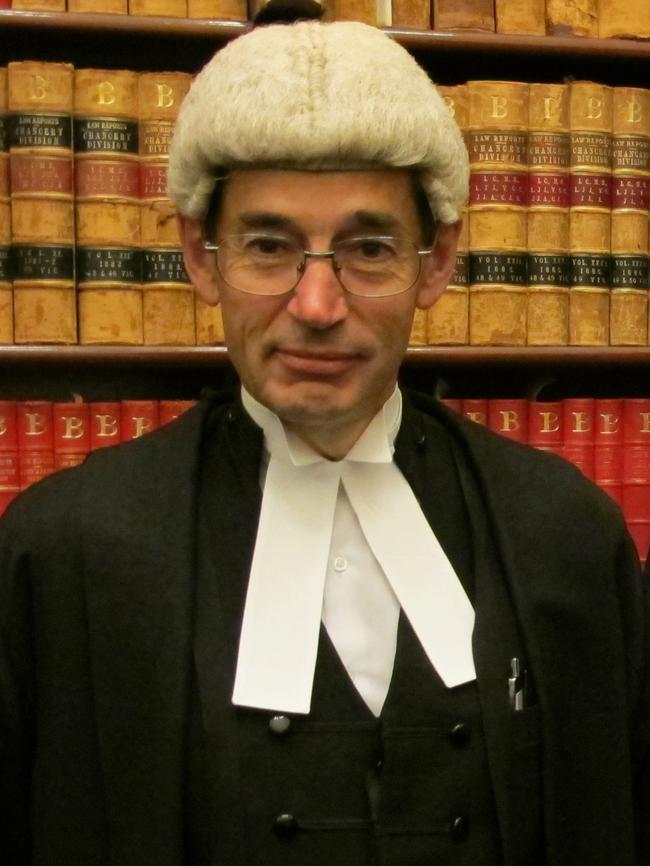
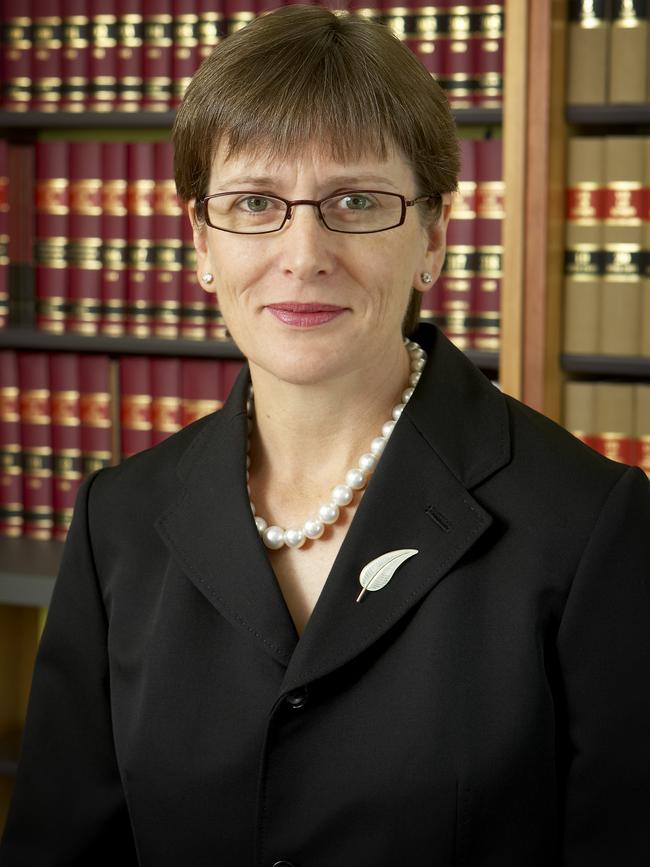
She then tries to rely on the fact that “the Constitution does not prohibit special treatment of a race”, without going on to note that the Constitution’s lack of prohibition is aimed at parliament — not at four unelected top judges remaking the Constitution in their own image.
As for Justice James Edelman, he talks of “essential meaning[s]”, “metaphysical construct[s]”, “powerful personal attachment[s] to land” and then, remarkably I think, says “To treat differences as though they were alike is not equality. It is denial of community. Any tolerant view of community must recognise that community is based on difference.”
I couldn’t follow that but he then spends paragraphs pointing out that few people will fall into what is happening here. I’d respond: “So what! You are interpreting a Constitution, not deciding case-by-case issues. And this is an activist, horrible precedent.”
But let me finish with two key observations. First, those last three judges in the activist majority were all recently appointed by the Coalition. Two by the Abbott government and attorney-general George Brandis. One by the Turnbull government.
This is astounding. We now have to rely on Labor to give us constitutional conservatives, as they did well with Gageler and Keane. Between now and 2022 three High Court justices retire. Given those last three Lib picks (and see the Brown case if you think this is a constitutional activist one-off — it’s not), do you trust Porter and this government?
Second, I have been a longtime opponent of constitutional recognition. I have always said that any change, any at all, will be used by the judges as an activist tool to deliver politically correct, identity politics outcomes.
Turns out I was wrong; they can do it without any changes to the Constitution at all. Still, this case proves my longstanding point and makes a vote for “recognition” a vote for even more virulent judicial policymaking.
James Allan is Garrick professor of law at the University of Queensland.


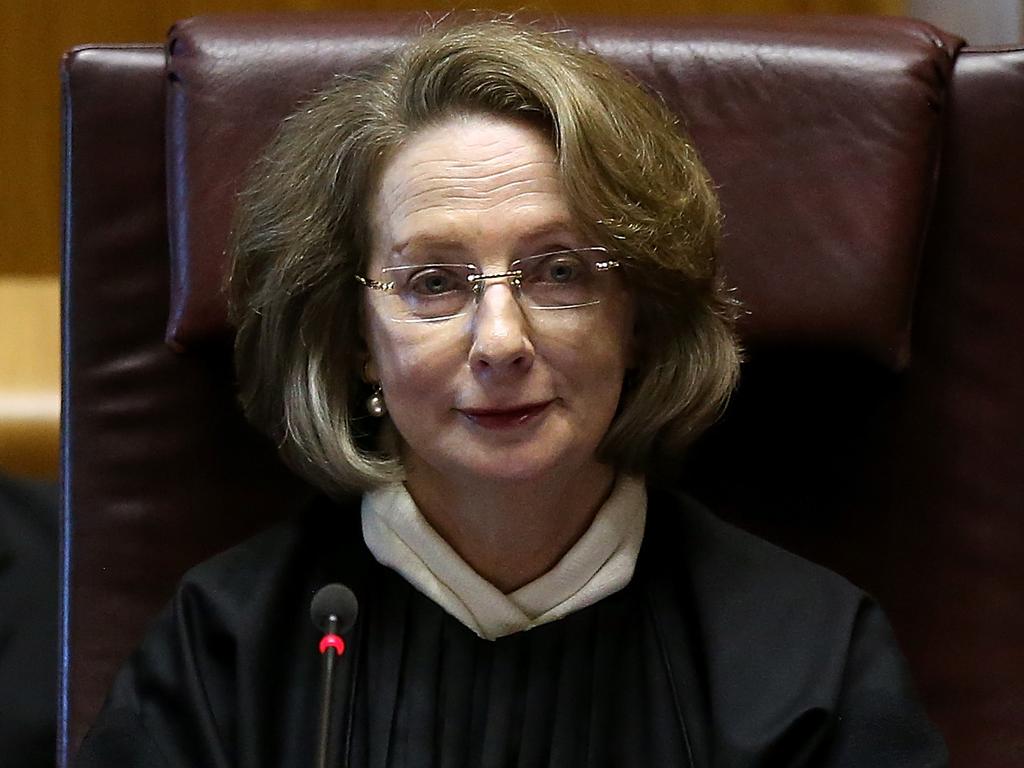
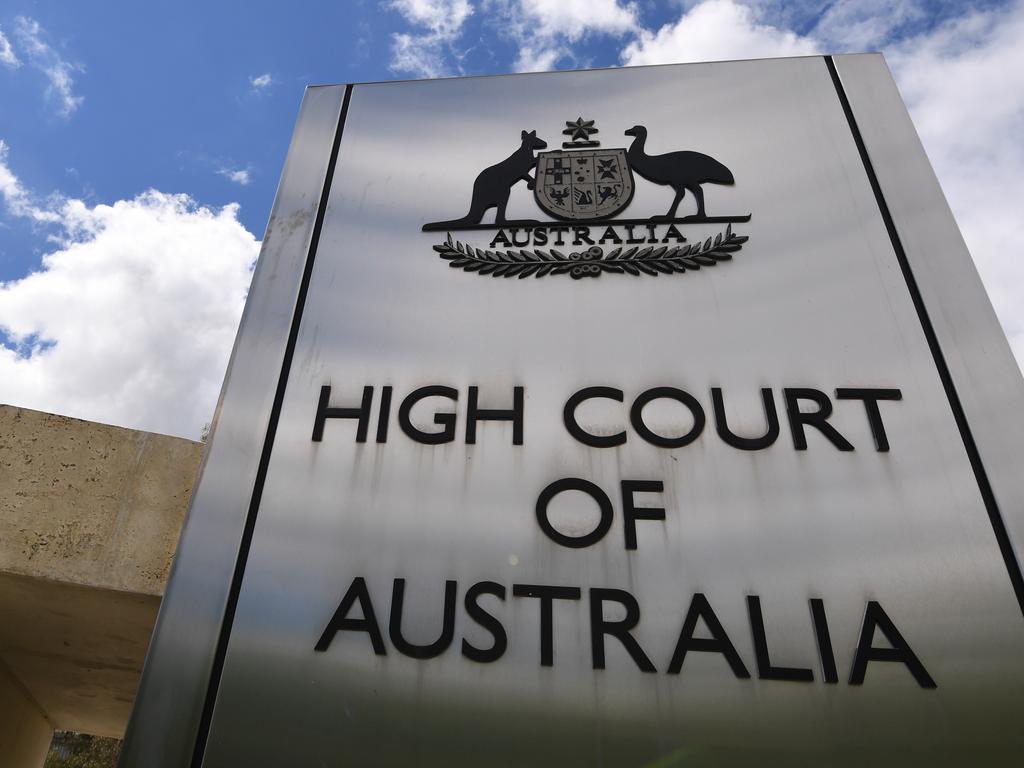



This week’s High Court of Australia case, Love v Commonwealth, on the question of deporting plaintiffs who were born outside Australia, are foreign citizens and who have not been naturalised or made Australian citizens, but who claim to be Aborigines, was in my view a disgrace.